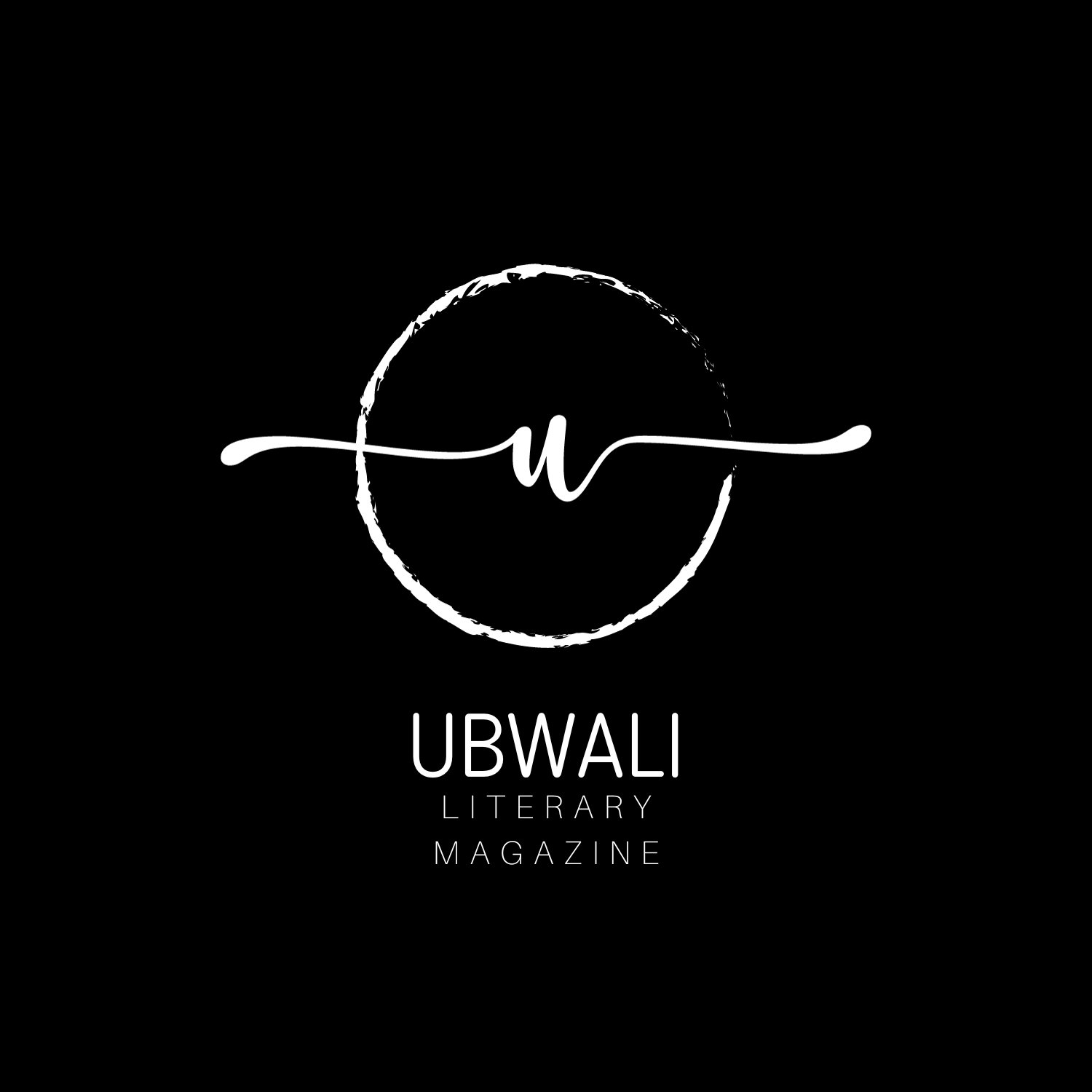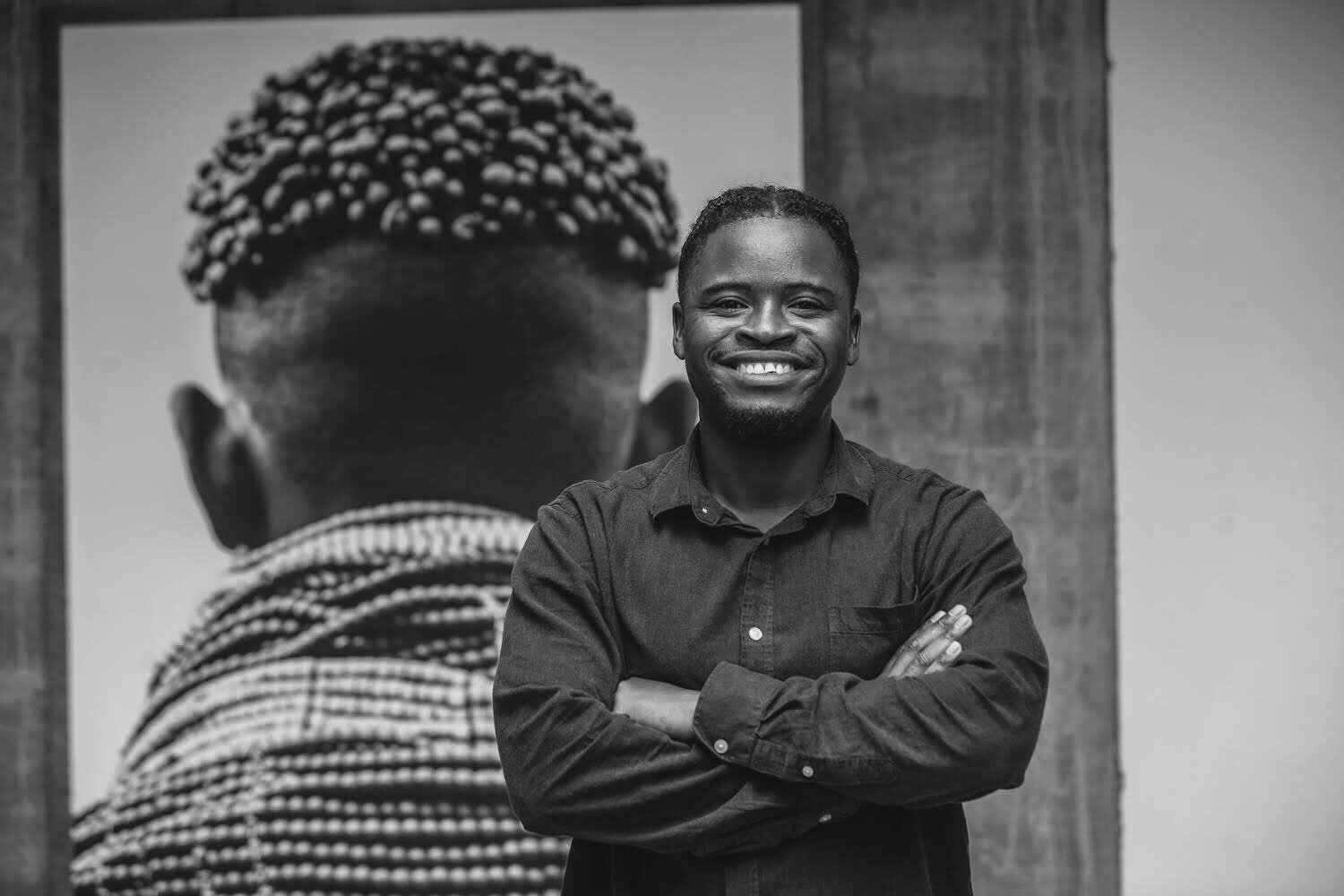Strong and free: A conversation between Akal Mohan & Gerry Sikazwe
Akal: You write and read from Lusaka, the capital of Zambia. I am currently based in rural Kenya, and having moved from Kampala, I see the contrast between writing from a place with a plethora of events constantly happening versus a place where life is isolated, slow and most times serene. Poetry is spiritual, at least according to Ben Okri. Cities have an assortment of spirits since they are mostly metro or cosmopolitan.
I am saying all these to ask about what effect writing from a city had on your poetry.
Gerry: Shifting goalposts. Width without depth, sometimes, as city life can be blinding to what affects other people—the rest of the Zambian community. At the same time, it presents more angles to explore the human state from, especially when studying the diverse states composed of a city.
In the city, things are masked and played to the gallery a lot that it is difficult to easily find the real in the reel but my guide through this shadowy experience has been relying on emotions, aspirations, and the need of people to be seen—identified apart—and heard. I wish to write more from a rural and peri-urban setup, there are more untold stories there I believe. And this is the aspirational tone of my recent work. I am inserting the less glamorous parts of city life: the dingy corners, the pothole colonized roads, and the sheer presence of the need for survival.
Akal: Interesting!
Your response reminds me of something you said while interviewing Phodiso Modirwa, on poems being exits and entrances. Cities are physical and most definitely have entries and exits, poems are spiritual, and I believe they must have the same. Could you dig more on the intersection between the physical and the metaphysical in your writing?
Gerry: The physical and metaphysical are sides of one coin—the body and shadow. And in my poems they are points of access to the human condition.
I mostly write protest and love verses that seek to challenge their expected expression. In doing so, I explore all possible avenues to communicate belonging, identity, and collective movement in our human journeys. I borrow political and religious concepts, diction, and thought to appeal to the masses and enter into a moment of oneness with them to bring to them myriad issues.
Akal: Not many poets seem to have a niche. You are very precise on writing protest and love poems. Have you found this to be a challenge in your writing and could it be that this is what led you to self-publishing?
Gerry: I did not start out with a niche, per se. But my personal experiences and reading of the world around me got me interested in how people participate in politics and love, and how they are discussed in society and literature. Slowly, I found it easy to express different ideas using these two vehicles.
My debut poetry collection was traditionally published by Mwanaka Publishers, and it explored identity—boyhood. It was my second publication, a Chapbook, that I self-published. The approach in it was experimental: the themes explored, the lengths and language of the poems were not conventional in Zambian poetry at the time.
Writing protest and love poems has not been challenging, except maybe with making the issues and pictures used accessible for the reader but this applies to any other form of writing. Politics and romance are just corners I am currently navigating in my expression, defining the current writer I am and my current interests. Otherwise, I write about other issues too.
Akal: Anytime I am discussing novels or short stories and a fellow in the discussion rants about why a certain theme is prevalent in most African writings or how a particular character should have been of a different race, I always respond in the words of a writer I am now forgetting, could be JM Coatzee: stories come to the teller, the teller is just a conduit. Your response above is a confirmation, how versatile the imagination is; it cannot be restricted.
On the versatility of imaginations, your last poem of your Hope Prize shortlisted submission is Umutolilo, it means a flute. Are there poems that arrive to you in a melody? A musical kind of––
Gerry: Poems arrive to me in all sorts of forms, colours, smells, silences, and yes in melodies too, sometimes. In fact a good number of the poems I enjoyed writing in the last 4 years have had a musicality about them. Either they were inspired by instrumentation of a song or the musical quality of certain words I heard in a conversation. It is also important to note that there are some moments, experiences that have a musical scale. This reminds me of the lyrics of Anderson. Paak in the song: ‘From Here’ where he alludes to a “moment” in which lover’s could have been a “song”.
Akal: As much as they arrive to you in all sorts of forms, they have a particular evocation on the body that transcends the abstract nature of most poems. A line such as "seeking rest in the sure erection of the breast," is able to cause a physical effect on the body. Is this deliberate?
Gerry: Yes, it is able to cause physical effects, and it is deliberate that for one to fully relate with the poem, they need to submit to its demand. Poems are doors, and only those who see them as such will enter their experience. And also, poetry is communication that requires feedback, sometimes as immediate as a recollection or the tightening of one’s own skin.
Akal: ‘poetry is communication,’ is a statement I first heard in a class by the award winning poet, Nick Makoha. Whenever I sit to write, I try to communicate. Most times I fail at this, but hopefully I will find it right someday.
You sound like a poet who is free. Both in imagination and aesthetics. Zambia, from her anthem, is proud and free. As we part, I offer a challenge to you : If you had the authority to add a stanza on your national anthem, what would it be?
Gerry: Brothers and sisters, here we stand
Beaming with the oneness of our land
Basking in the glory of our sun
Zambia, praise to thee
All one, strong and free
But for this stanza to work, we would have to slash the “Brothers under the sun” in the second stanza with the line “Zambians living as one”
Our anthem is patriarchal. Where are the Sisters?
Akal: Wow Gerry!!
Praise be to Zambia.
Thank you for your time. Until next time.
Gerry: Until next time Mohan.
AKAL MOHAN is a Kenyan short story writer, essayist and poet. He has previously been shortlisted for the Africa Writers’ Award in poetry. Akal is also a 2023 Idembeka Creative Writing fellow and Ibua Novel Manuscript workshop attendee. In 2022, he was a recipient of two digital residencies organised by the University of East Anglia, one of which resulted in a short story collection that he contributed to. Akal reads in trust and writes in faith. He is an editorial assistant at Ubwali Literary Magazine.
GERRY SIKAZWE is a Zambian poet and author of collections of poems ‘Words That Matter’ (2018), ‘Take Me With You’ (2020), and forthcoming ‘Umutolilo Wa Nsele’ (2024), an Ici-Bemba poetry collection. He has contributed to several anthologies such as ‘Best New African Poets’ (2018) by Mwanaka Media and Publishing, ‘Sister Wives & Other Short Stories’ (2021) by Myaambo, ‘Generational Discordance: Ake Arts & Book Festival Review Volume 8 (2021), ‘Old Love Skin: Voices From Contemporary Africa’ (2022) by Mukana Press, ‘Canvas of Truth’ (2023) compiled by Sheba Lishika-Dzekedzeke, and ‘Canto Planetario’ (2023) compiled by Carlos Jarquín. He studied Adult Education at the University of Zambia, and his poems promote freedom of expression, identity and explores civic responsibilities. He is shortlisted for the inaugural Ubwali Hope Prize for his poetry Five Poems.


